The EU Ambassador to Burundi expresses himself very openly about current issues such as Political Dialogue, Cooperation and Human Rights in the country. The Interview.
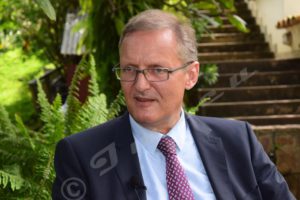 What is your assessment of the current situation in Burundi?
What is your assessment of the current situation in Burundi?
I think the positive development initiated with the 2000 Arusha Agreement was interrupted by the 2015 events, and the country has not managed to get out of this crisis yet. From the European experience there are things that I would like to share: after a tragic and difficult history in Europe, countries and people managed to live together in peace based on a spirit of compromise and the idea that they needed to find a consensus around the really important issues.
I think this is something which is sometimes lacking in Burundi; the strong will to reach a compromise even with your adversary or enemy. I think this is exactly what the country needs now.
What is your take on the Arusha peace talks that were initiated a few months ago?
The Arusha talks are really the only option I see now to bring together all the stakeholders and parties that have the possibility to help the country get out of the crisis. I think there is a need by all parties to support the dialog process in an open and flexible manner in the spirit of compromise and consensus. Former Tanzanian President Mkapa, the facilitator in the Burundian conflict, needs the support of all parties. He has the support of the International Community and that of the European Union. He also needs the support of the region at the highest level.If all this is in place, I am very optimistic that these talks can lead to positive results.
There is an impasse in these peace talks. What message can you give to the Government of Burundi on one hand and the opposition on the other hand?
The message is the same to all stakeholders. They should participate with a constructive mind and without any precondition. They should also allow President Mkapa to ensure the inclusivity of the talks.
What is your reading of the various reports about the human rights situation in Burundi?
After the Second World War, the international community set up institutions and legal instruments which relate to human rights. Burundi, once independent, signed and ratified them. What should happen now is that Burundi accepts that these instruments and institutions are in place and that the government allows them to operate in Burundi as they also operate in many other countries around the world. The Burundian government should be encouraged to allow these institutions, and particularly the Office of the Higher Commissioner for Human Rights in Burundi, to operate, as it plays an important role and can help rebuild confidence. The cooperation with this Office would also demonstrate that the government has nothing to hide and is willing to address the problems in the area of human rights.
How do you assess the human rights situation in the country?
The information we receive is not encouraging. So, more or less, the situation in the last couple of months has remained the same. Cases of human rights violations, arrests, torture, disappearances and dead bodies found in the country remain at a high level. At the same time, I remain hopeful that the Government will be willing to address these issues, and that there will be an improvement in the future.
EU has recently issued a declaration in which it condemns songs sung by youths affiliated to the governing party about “impregnating” female opposition members. Any appeal to the government?
Many people have seen this appalling video. It’s clear that actions of this kind are unacceptable. I am glad the ruling party has also issued a declaration condemning the act. But, as this is a very serious case, the EU appeals to the government authorities to conduct an investigation and to ensure a legal follow up to the case.

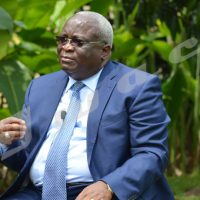
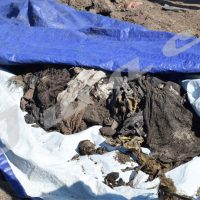
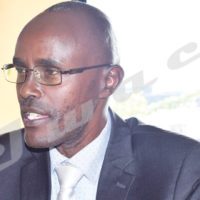
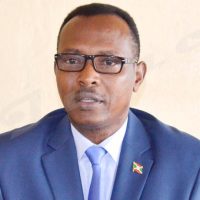
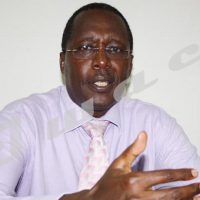













 IWACU Open Data
IWACU Open Data

